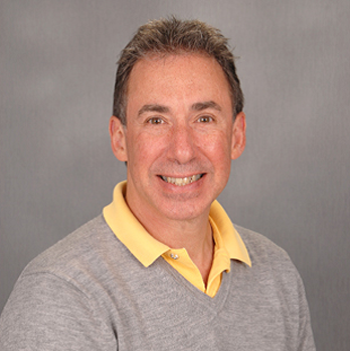
Scott A. Waldman, MD, PhD, FCP, FAHA
Adult Clinical Trial Design Advisor
PhD degree from Thomas Jefferson University
MD degree from Stanford University
Samuel MV Hamilton Professor of Medicine, Director of the Delaware Valley Institute for Clinical and Translational Research
Director of the Gastrointestinal Cancer Program of the Kimmel Cancer Center,
Director of the Institute for Individualized Medicine
Chairman of the Department of Pharmacology and Experimental Therapeutics of Thomas Jefferson University.
Dr. Scott Waldman was a postdoctoral fellow at the University of Virginia and Stanford University in the Division of Clinical Pharmacology in the laboratory of Ferid Murad, MD, PhD, who won the 1998 Noble Prize in Physiology or Medicine. Also, he directs the MD-PhD Program, the NIH-sponsored Postdoctoral Training Program in Clinical Pharmacology, and the Training Program in Human Investigation (former NIH K30 Program) at Jefferson. He is a past member of the American Board of Clinical Pharmacology, a past Regent of the American College of Clinical Pharmacology (ACCP), a past-President of the American Society for Clinical Pharmacology and Therapeutics, and Chair of the Scientific Program Committee and Council Member of the American Society for Pharmacology and Experimental Therapeutics. He is a Fellow of the ACCP (FCP) and American Heart Association (FAHA). He is the Editor-in-Chief for Clinical Pharmacology and Therapeutics and Biomarkers in Medicine, the Deputy Editor-in-Chief for Clinical and Translational Science and co-Editor for Waldman and Terzic’s Pharmacology: Principles to Practice. Dr. Waldman’s research interests focus on clinical pharmacology and translational medicine in the context of gastrointestinal malignancies and obesity.